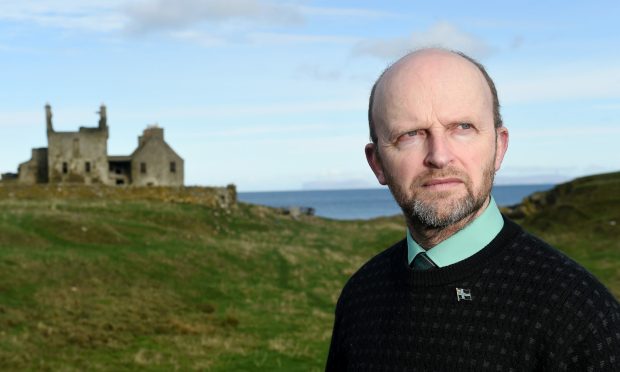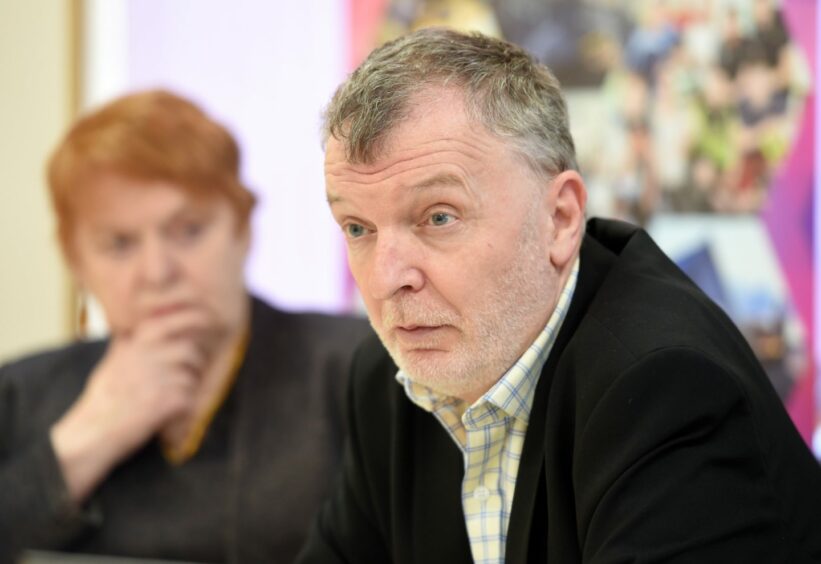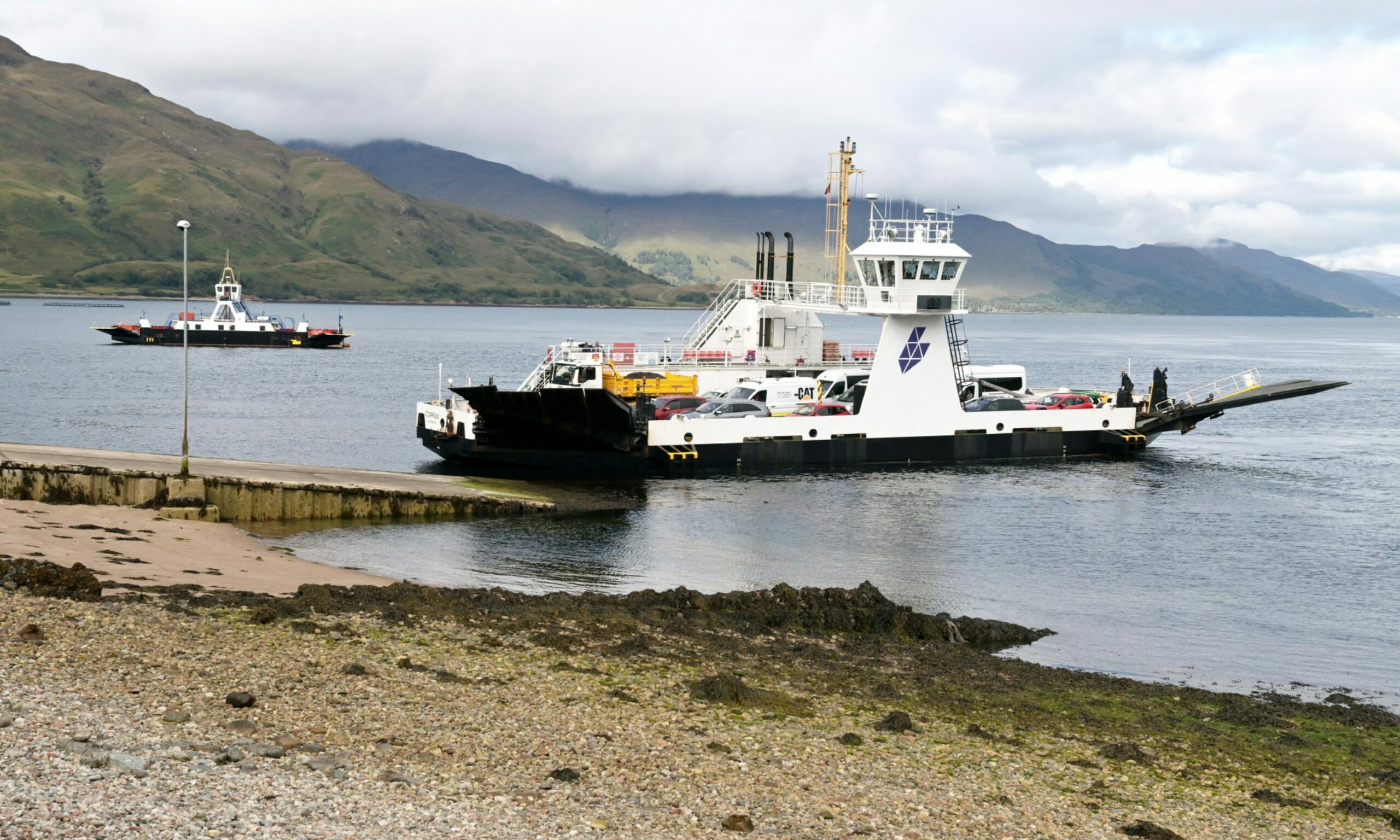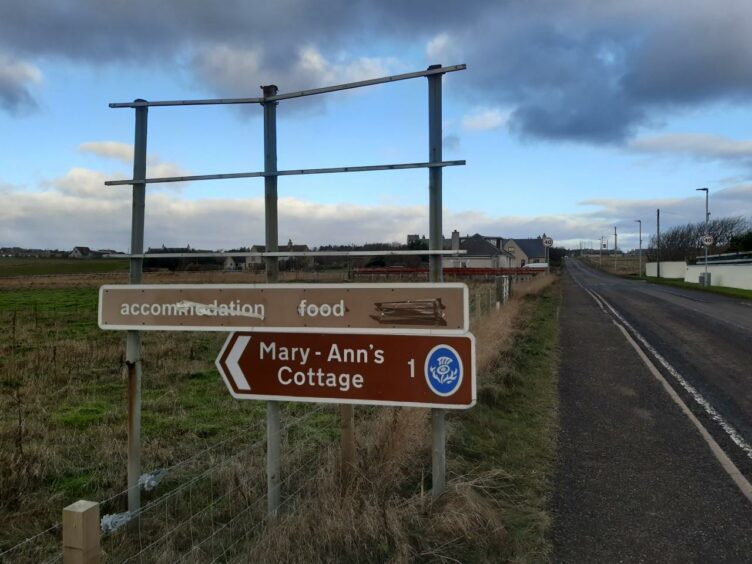Councillor Matthew Reiss has announced his resignation as vice-chairman of Highland Council’s corporate resources committee.
Mr Reiss says the council has failed to grasp the nettle regarding the state of its budget.
Central to his concerns is the medium term financial plan going before council on Thursday – a plan Mr Reiss believes is 80% unaffordable.
The Caithness councillor also objects to a declining future spend on roads, and claims rural Highland is “neglected” both by the council and the Scottish Government.
Mr Reiss wants the council to be more open with the public.
Budget stretch is ‘sheer desperation’
Members attending a meeting of the full Highland Council this Thursday will consider a medium-term financial plan.
This plan outlines capital expenditure over the next 10-15 years. Crucially, it shows the gulf between what the council needs to spend, and what it can afford to spend.
To meet its investment ambitions, the council would need to spend an eye-watering £1.7bn in the period to 2030-31.
However, it can only afford to spend £350m.
The report states: ‘The level of capital investment deemed affordable on a sustainable basis over the medium to long term does not meet the council’s ambition for investment across its asset base.’
Mr Reiss puts it more bluntly: “80% of the long list is unaffordable.”
To get around this, the council’s budget team has stretched the timeframe by a further five years – an approach that makes Mr Reiss uneasy.
“The medium-term financial plan shows that our capital aspirations are neither affordable nor deliverable,” he said. “The solution to extend the timeframe to 15 years is total desperation.
“Officers were asked to calculate our capital requirements for the next 10 years – if you add five years, you also need to factor in five more years of expenses.
“The report is difficult for the public to understand. In my opinion we should be saying to the public ‘This is the reality.'”
Big ticket capital projects left out
Several large capital projects risk falling foul of this budget gap. The report includes a list of projects that officers say will require additional funding to deliver.
Included on this list are some big ticket items, including the Corran Ferry, Stromeferry bypass and the much-touted energy from waste plant.
The waste plant is thought to be essential in meeting the 2025 landfill ban.
“Much of the £1.7bn spend is legally essential stuff,” Mr Reiss observes. “To deliver them, the council needs an external funder, or a way to make them stand alone. We’re talking about taking on a concerning level of risk.”
However, Mr Reiss is not laying all the blame at the council’s door. Instead, he says the council has failed to make its case strongly to the Scottish Government – and to highlight the reality to the public.
“The medium-term financial plan is important because we need to know exactly where we stand, looking to the future,” he said. “I’m pointing the finger at the Scottish Government. They have consistently underfunded rural councils because their allocation is based on population.”
‘A picture of neglect and depopulation’
Mr Reiss said that Highland Council has 12% of Scotland’s roads network but 5% of the national budget.
“When times are tough, the peripheral areas generally give you an early warning,” he says. “That’s what we’re seeing in Caithness and Sutherland now – a picture of neglect and depopulation.”
A recent report to council highlighted that 39% of Highland roads are in need of repair, making it the 26th worst local authority for roads – down from 11th place in a decade.
The report set out that to prevent any further decline, the council needs to spend £26m each year.
A full network repair would cost £195m. The council’s commitment falls well short of this.
“This year and next year we’re spending £20m, but as of 2023-24 we’re back down to just £8m,” says Mr Reiss. “We’re spending less than a third of what we need to spend just to stand still.”
Mr Reiss says campaign groups such as Caithness Health Action Team and Caithness Roads Recovery reflect local feeling that the county is forgotten.
“Yes, they take a militant approach, but that is their job,” he said.
Mr Reiss believes their approach is borne of frustration after decades of under-investment. “I’m exasperated by all the good news stories coming from Inverness. I have a constant stream of people saying how well Inverness is doing out of the city region deal. The public are annoyed – they feel forgotten and neglected, and not without justification.”
Mr Reiss feels he can no longer continue in a leadership role in the budget. As such, he has resigned as vice-chairman of the corporate resources committee, though he will stay on as a member.
“I’m generally sad to be resigning, but I’ve watched the storm clouds gathering for some time,” he said. “Now, in my judgement, it’s completely impossible to deliver on our ambitions.”



